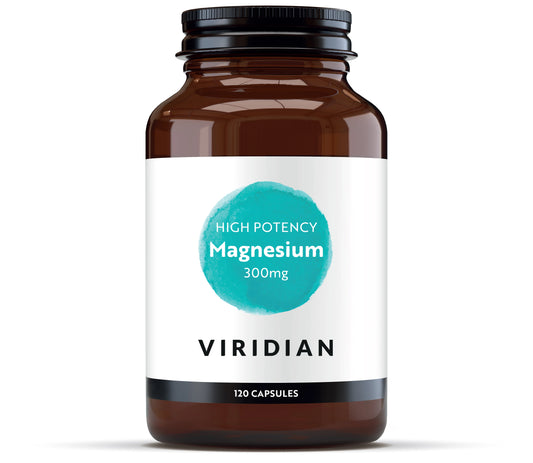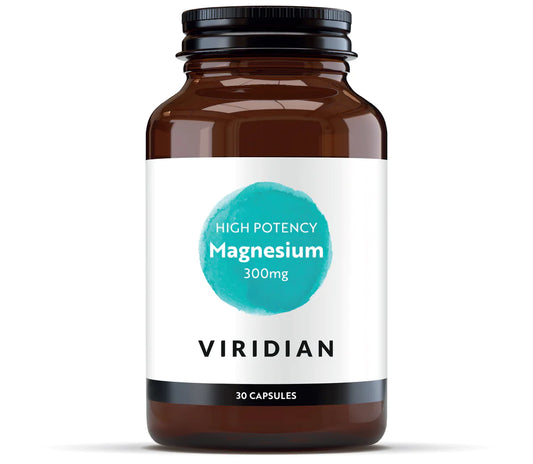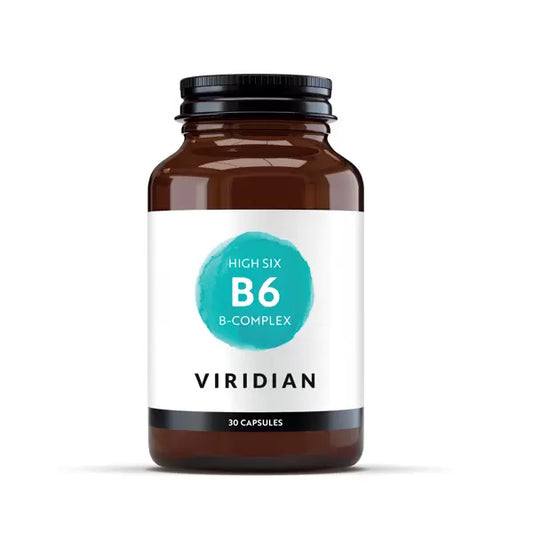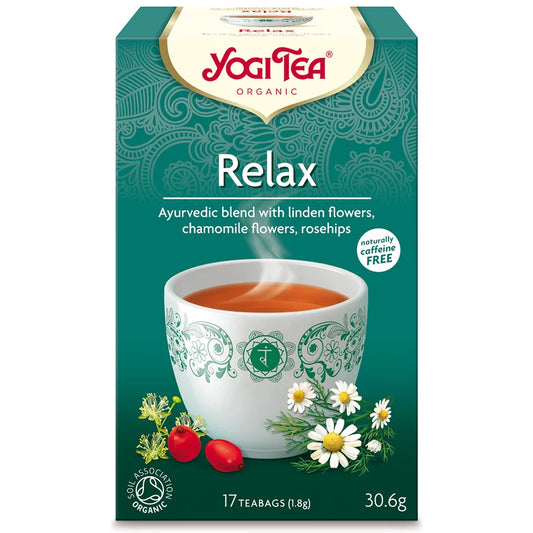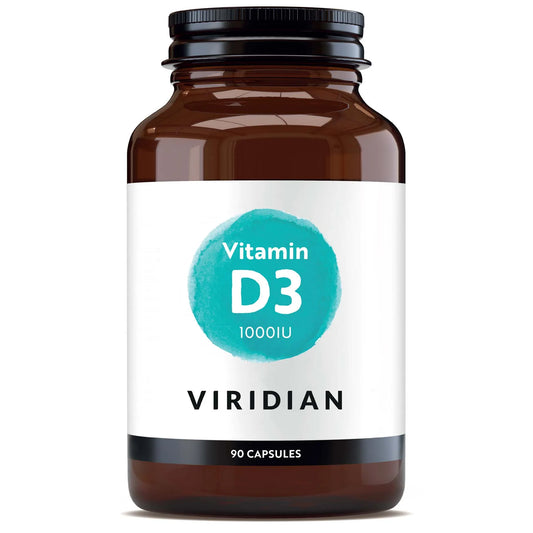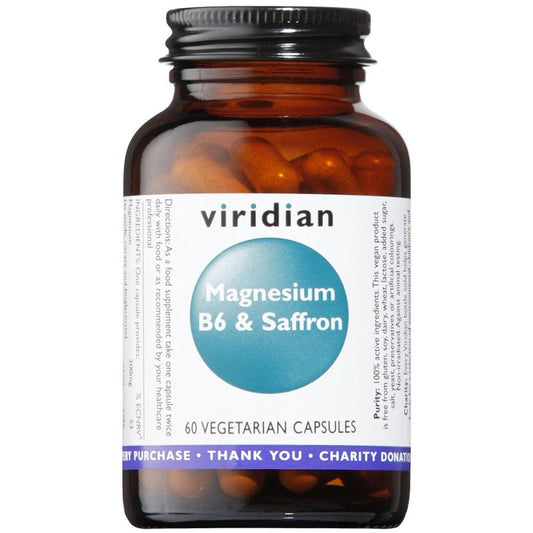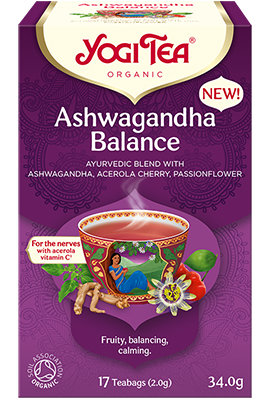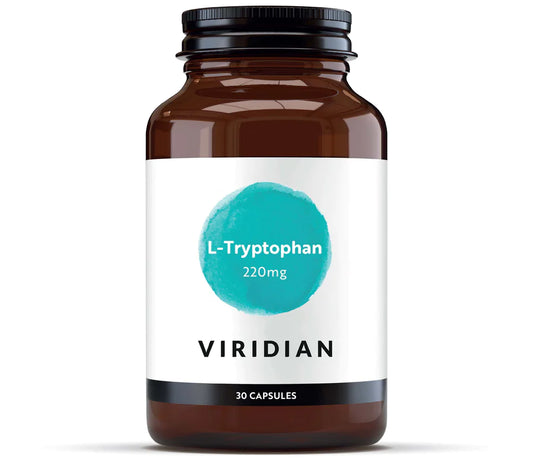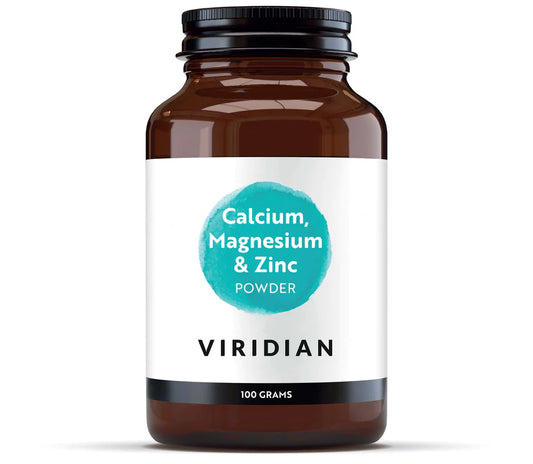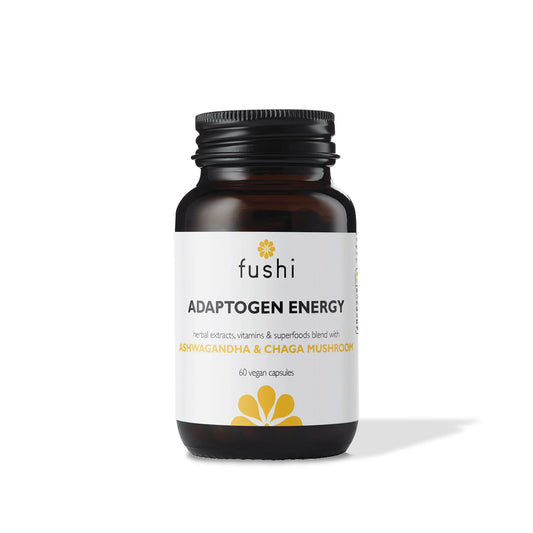Collection: Stress Support

-
Viridian High Potency Magnesium 120 Capsules
Regular price £21.40 GBPRegular price -
DIRTEA Mushroom Cacao Super Blend 150g
Regular price £39.99 GBPRegular price -
Optibac Probiotics Every Day Extra 30 Capsules
Regular price £25.99 GBPRegular price -
Moksa Passadhi Serenity Natural Bath Salts
Regular price £22.00 GBPRegular price -
Naturya Superfood Latte Matcha 200g
Regular price £9.99 GBPRegular price -
Bristol Fungarium Organic Reishi 50ml
Regular price £35.00 GBPRegular price -
Optibac Probiotics Every Day Extra 90 Capsules
Regular price £69.99 GBPRegular price -
Bare Biology Pure Omega-3 Life & Soul 60 Capsules
Regular price £31.95 GBPRegular price -
Viridian High Potency Magnesium 30 Capsules
Regular price £10.90 GBPRegular price -
Viridian High Six B6 B-Complex 30 Capsules
Regular price £8.80 GBPRegular price -
Yogi Tea Relax
Regular price £2.99 GBPRegular price -
Viridian Vitamin D3 1000iu 90 Capsules
Regular price £17.25 GBPRegular price -
Moksa Shanti Peace Natural Bath Salts
Regular price £22.00 GBPRegular price -
Pukka Organic Tulsi Clarity Teabags x 20
Regular price £4.25 GBPRegular price -
Viridian Magnesium B6 & Saffron 60 Capsules
Regular price £28.00 GBPRegular price -
Yogi Tea Ashwaganda Balance
Regular price £3.15 GBPRegular price -
Viridian L-Tryptophan 220mg 30 Capsules
Regular price £10.95 GBPRegular price -
Viridian L-Theanine & Lemon Balm 90 Capsules
Regular price £37.35 GBPRegular price -
Viridian Calcium Magnesium & Zinc Powder 100g
Regular price £12.15 GBPRegular price -
DIRTEA Reishi Mushroom Powder 60g
Regular price £34.99 GBPRegular price -
Bare Biology Vitamin D3 & K2 Beam & Balance
Regular price £19.95 GBPRegular price -
Bare Biology Vegan Omega 3 & Astaxanthin Vim & Vigour 60 Capsules
Regular price £31.95 GBPRegular price -
Fushi Adaptogen Energy Blend 60 Capsules
Regular price £21.99 GBPRegular price -
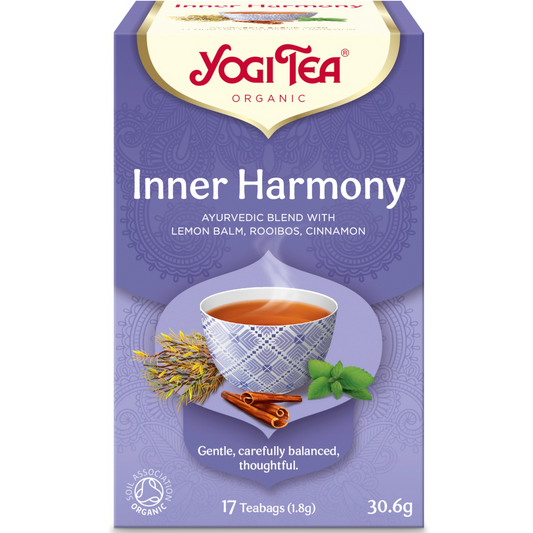 Sold out
Sold outYogi Tea Inner Harmony
Regular price £2.99 GBPRegular price
Q&A on stress support
What is stress?
Stress is the body's natural response to challenges or demands, triggering what's known as a "fight or flight" reaction. This reaction is the body readying itself to confront the 'threat' and respond quickly if needed. It does so through the release of the hormones; adrenaline, noradrenaline and cortisol to initiate physiological and psychological changes in the body.
Cortisol, which is the primary stress hormone, increases energy by making more blood sugar, known also as glucose, available in the bloodstream, and it also enhances the brain's use of glucose. Adrenaline increases heart rate, and causes blood pressure to increase as well.
While short-term stress can be motivating, chronic stress can negatively impact mental and physical well-being.
Is stress normal?
The stress is a normal physiological response and a natural part of life. It is how the body responds to challenges, demands, or changes in one's environment. Stress can be a motivating factor, prompting individuals to adapt and overcome obstacles. However, what matters is how individuals manage and respond to stress.
While some stress is normal and even beneficial, chronic or excessive stress without adequate coping mechanisms can have negative effects on mental and physical well-being. Striking a balance and implementing healthy stress management techniques are crucial for overall health and resilience.
Why is stress management important?
Chronic stress can contribute to various physical health issues, including cardiovascular problems, digestive issues, and weakened immune function. Effectively managing stress helps mitigate these potential health risks.
Prolonged stress can also negatively impact mental health, leading to conditions such as anxiety and depression. Stress management techniques can promote emotional resilience and help prevent mental health challenges.
Chronic stress can lead to burnout and decreased productivity. Effective stress management helps maintain energy levels, focus, and overall work performance.
Finding the best stress management can equip individuals with effective coping mechanisms and lead to an improved quality of life; making the most of life experiences, maintaining a positive outlook, and navigating challenges more effectively.
What is stress management?
Stress management refers to the set of techniques, strategies, and practices individuals use to cope with and reduce the impact of stress on their mental and physical well-being.
It involves recognising the sources of stress, understanding how stress affects the body and mind, and implementing effective measures to alleviate its negative effects.
Stress management can vary widely and very much depends on the individual. Effective stress management is about finding ways to support your body in a way that fits into your lifestyle.
Stress support may include mindfulness, relaxation exercises, physical activity, time management, dietary change, supplements, and positive lifestyle changes. The goal is to build resilience, enhance coping skills, and create a healthier response to life's challenges, ultimately promoting overall well-being and preventing the detrimental effects of chronic stress.
What about stress management without medication?
There are many non-medication stress management techniques, which can be powerful tools in promoting resilience and maintaining a healthy balance in daily life. Stressors can be different for everyone and managing stress can be equally as individual, finding what works for you may take a little time, and it may well be that it's a combination of management methods that ease stress levels.
However, if stress becomes overwhelming it's important to consult a healthcare professional as they can provide additional guidance and support.
Non-medication stress support may include:
- Mindfulness and relaxation techniques
Practice mindfulness meditation, deep breathing exercises, or progressive muscle relaxation to calm the mind and reduce stress levels.
- Regular physical activity
Engage in regular exercise, such as walking, jogging, yoga, or dancing. Physical activity is known to reduce stress hormones and trigger the release of endorphins, promoting a sense of well-being.
- Dietary changes
Maintain a balanced and nutritious diet, ensuring your body receives essential nutrients. Limiting caffeine and alcohol intake can also contribute to stress reduction.
- Supplementation
Certain nutrients are essential in supporting the body's stress response and certain herbs are known to help the body adapt to stress, promoting a balanced response.
- Adequate sleep
Prioritise quality sleep to support overall physical and mental health. Establish a consistent sleep routine and create a comfortable sleep environment.
- Effective time management
Organise tasks, set realistic goals, and prioritise responsibilities. Effective time management can reduce feelings of being overwhelmed.
- Social connections
Nurture positive relationships with friends and family. Social support can provide emotional assistance during challenging times.
- Hobbies and relaxing activities
Engage in activities you enjoy, whether it's reading, painting, or spending time in nature. Hobbies and relaxation activities contribute to stress relief.
- Cognitive behavioural techniques
Challenge and reframe negative thought patterns through cognitive-behavioural techniques. This approach can help change how you perceive and respond to stressors.
- Limiting technology use
Create boundaries for technology use, particularly before bedtime. Limiting exposure to screens can positively impact sleep quality and stress levels.
- Seeking support
Talk to friends, family, or a counsellor about your feelings. Sometimes, sharing your concerns can provide emotional relief and different perspectives on stressors.
How can supplements help stress management?
Supplements can play a supportive role in stress management by providing essential nutrients that contribute to overall well-being and help the body cope with the effects of stress.
Which supplements are best for stress management?
Optimal supplements for stress management are those which are designed to target nutrients and herbs that specifically support the physiological processes and organs responsible for regulating the body's stress response.
- Vitamin B Complex
B vitamins, including B1 (thiamine), B2 (riboflavin), B3 (niacin), B6 (pyridoxine), B9 (folate), and B12 (cobalamin), are involved in energy metabolism and the production of neurotransmitters. Adequate levels of these vitamins are essential for maintaining a healthy nervous system and managing stress.
- Vitamin C
As a powerful antioxidant, vitamin C helps combat oxidative stress caused by free radicals. It also supports the adrenal glands, which play a role in the body's stress response.
- Vitamin D
Vitamin D is linked to mood regulation and can influence the synthesis of neurotransmitters like serotonin. Adequate vitamin D levels are associated with a lower risk of depression and anxiety.
- Magnesium
Magnesium is involved in over 400 enzymatic reactions in the body, including those related to stress regulation. It's a natural relaxant, helping relax muscles, it supports the nervous system, aids sleep, and may contribute to a sense of calm.
- Omega-3 Fatty Acids
Essential fatty acids, particularly omega-3s found in fish oil, flaxseeds, and walnuts, have anti-inflammatory properties and may support brain health. They are linked to mood regulation and reducing symptoms of anxiety and depression.
- Zinc
Zinc plays a role in neurotransmitter function and the body's stress response. It is involved in the regulation of the HPA (hypothalamic-pituitary-adrenal) axis, which is central to the stress response.
- Probiotics
A healthy gut is linked to a healthy mind. Probiotics, or beneficial bacteria, contribute to gut health, which in turn can influence mood and stress levels.
- Adaptogenic Herbs
Certain herbs like ashwagandha, rhodiola, and lemon balm are considered adaptogens, meaning they may help the body adapt to stress and promote a balanced stress response.
- Herbal Teas and Relaxation Aids:
Supplements in the form of herbal teas or relaxation aids containing chamomile, valerian root, or passionflower may have calming effects and promote relaxation.

